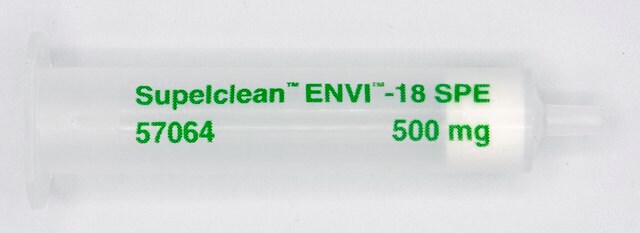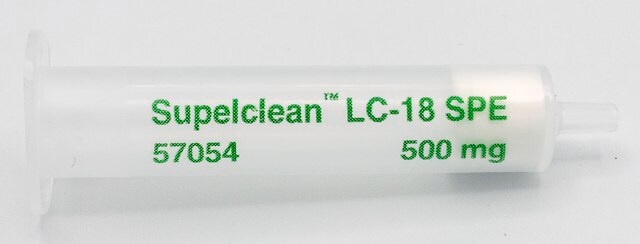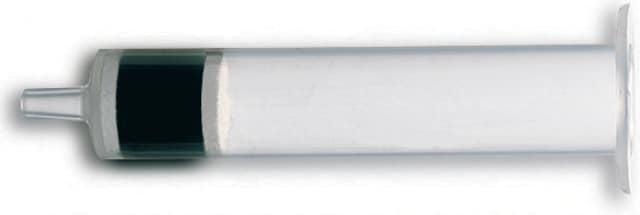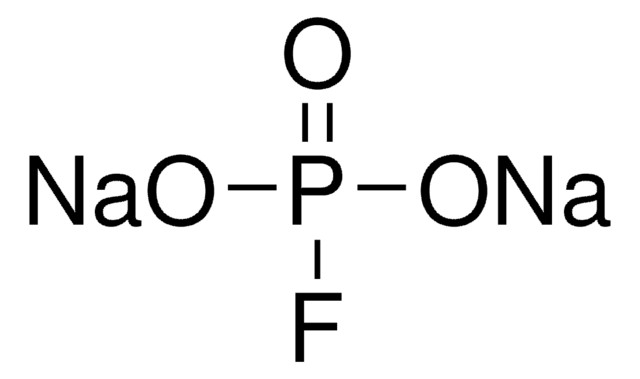60322
Potassium hexafluorosilicate
≥99.0% (T)
Synonym(s):
Dipotassium hexafluorosilicate, Potassium fluorosilicate, Potassium fluosilicate, Potassium silicofluoride
About This Item
Recommended Products
grade
for analytical purposes
Quality Level
Assay
≥99.0% (T)
form
solid
density
2.665 g/mL at 25 °C (lit.)
anion traces
chloride (Cl-): ≤500 mg/kg
sulfate (SO42-): ≤200 mg/kg
cation traces
Ca: ≤50 mg/kg
Cd: ≤50 mg/kg
Co: ≤50 mg/kg
Cu: ≤50 mg/kg
Fe: ≤100 mg/kg
Na: ≤1000 mg/kg
Ni: ≤50 mg/kg
Pb: ≤50 mg/kg
Zn: ≤50 mg/kg
SMILES string
[K+].[K+].F[Si--](F)(F)(F)(F)F
InChI
1S/F6Si.2K/c1-7(2,3,4,5)6;;/q-2;2*+1
InChI key
UUHPPUWEDCVPCO-UHFFFAOYSA-N
Looking for similar products? Visit Product Comparison Guide
Caution
Signal Word
Danger
Hazard Statements
Precautionary Statements
Hazard Classifications
Acute Tox. 3 Dermal - Acute Tox. 3 Inhalation - Acute Tox. 3 Oral
Storage Class Code
6.1D - Non-combustible acute toxic Cat.3 / toxic hazardous materials or hazardous materials causing chronic effects
WGK
WGK 2
Flash Point(F)
Not applicable
Flash Point(C)
Not applicable
Personal Protective Equipment
Choose from one of the most recent versions:
Certificates of Analysis (COA)
Don't see the Right Version?
If you require a particular version, you can look up a specific certificate by the Lot or Batch number.
Already Own This Product?
Find documentation for the products that you have recently purchased in the Document Library.
Our team of scientists has experience in all areas of research including Life Science, Material Science, Chemical Synthesis, Chromatography, Analytical and many others.
Contact Technical Service








